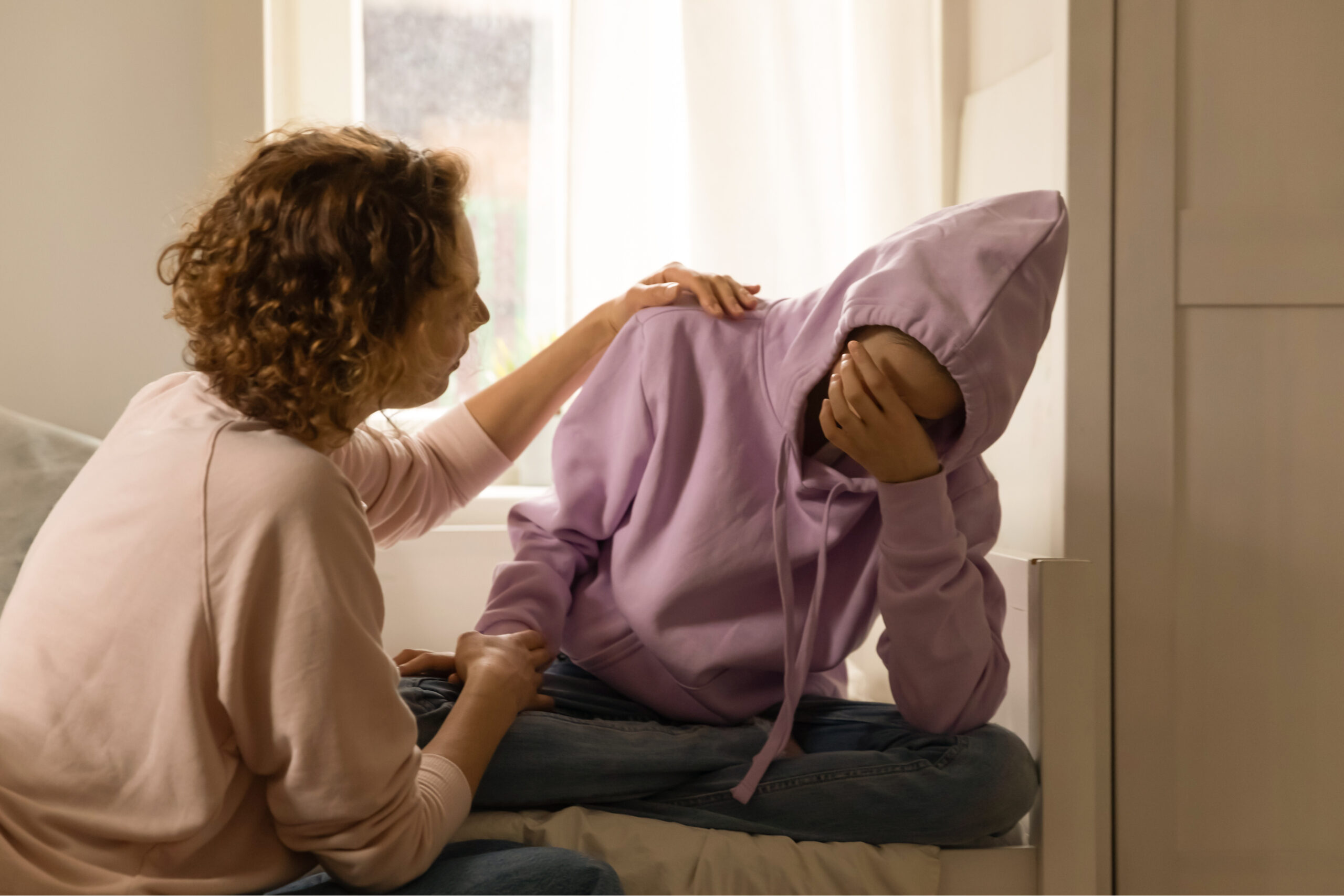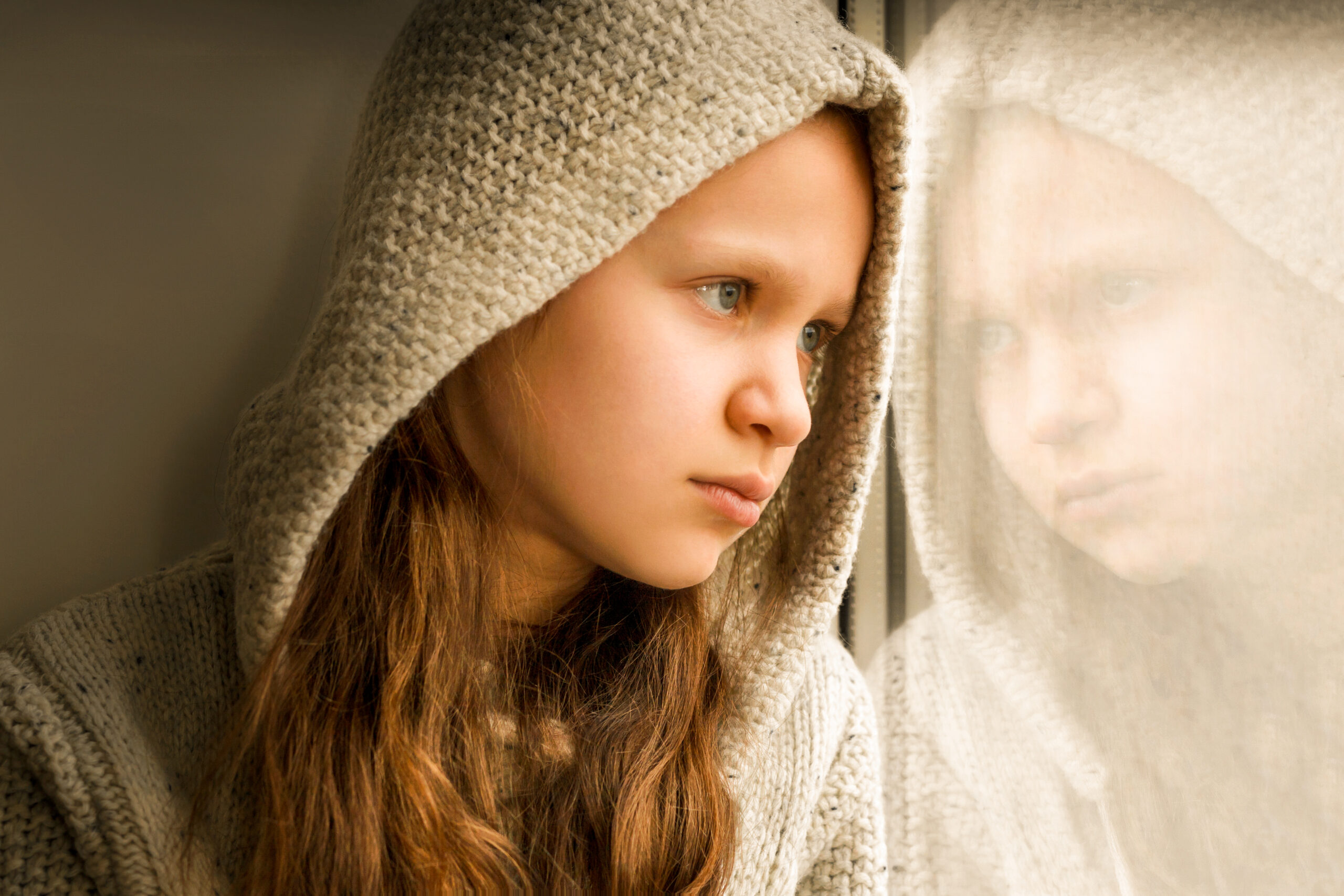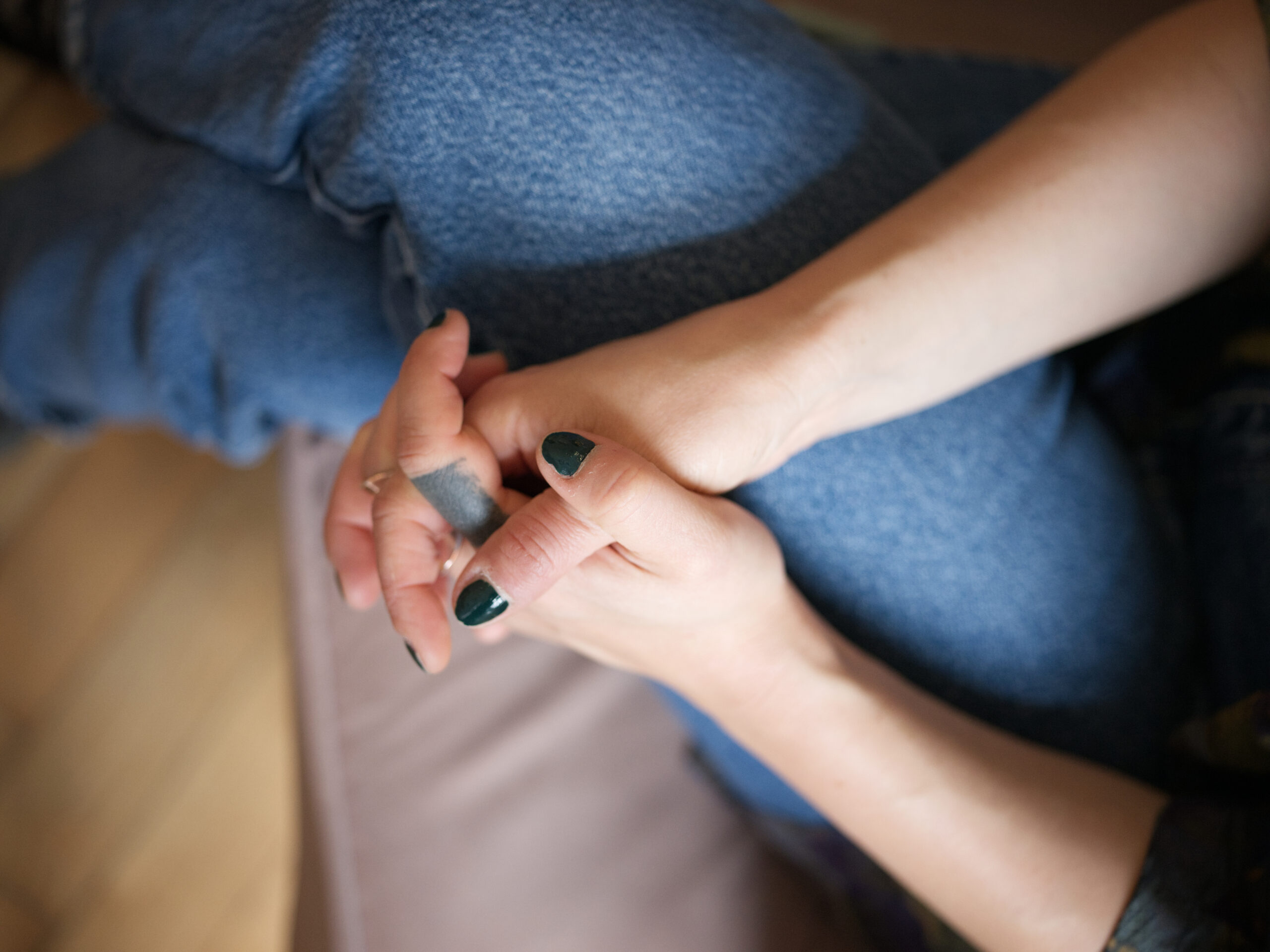Blood, scars or burns on the body of a beloved child are one of the most shocking images for the eyes of parents. Why on earth is he hurting himself? What should we do? How do we stop it? So ask the desperate parents who are at first in utter shock at this discovery.
Do you think you need help or at least want more clarity? Make an appointment for a no-obligation initial and diagnostic consultation or just give us a call, we will be happy to advise you and help you with everything. At our first meeting we will talk about your difficulties, find out the severity of your problems and the possible causes. We will suggest a course of action and, if necessary, select your personal therapist so that he/she not only meets your professional requirements, but also suits you humanly.




